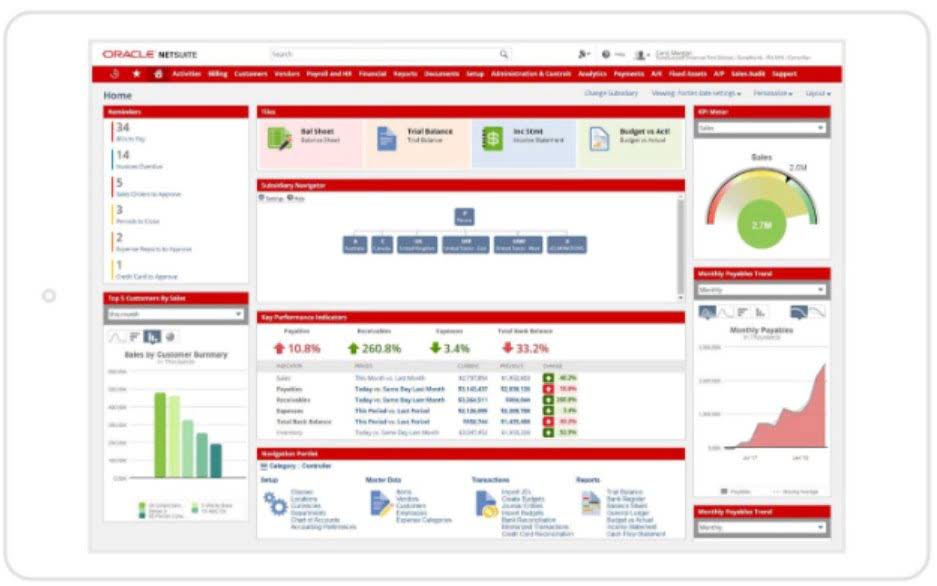Subscribe
to our newsletter

Accounting.com is committed to delivering content that is objective and actionable. To that end, we have built a network of industry professionals across higher education to review our content and ensure we are providing the most helpful information to our readers. As we can see, the company generated a net profit of $3290 million in 2020, which is more than three times the net profit of 2019. Kelly Main is a Marketing Editor and Writer specializing in digital marketing, online advertising and web design and development. Before joining the team, she was a Content Producer at Fit Small Business where she served as an editor and strategist covering small business marketing content.

Principles of Management provides students with an introductory look at the discipline of management and its context within the business environment. This course provides students with a business generalist overview in the areas of strategic planning, total quality, entrepreneurship, conflict and change, human resource management, diversity, and organizational structure. This course will help students gain an understanding of the different assurance services, the AICPA Code of Professional Conduct, and the conceptual framework for members in public practice. The course will teach students how to assess for audit risk, develop an audit strategy, and gain an understanding of the audit client.
Five of these principles are the principle of regularity, the principle of consistency, the principle of sincerity, the principle of continuity and the principle of periodicity. Each principle is meant to guarantee and support clear, concise and comparable financial reporting. Financial statements must be prepared in a way that follows and meets GAAP standards. Accountants in particular should be familiar with the ten key principles. Although exact GAAP requirements may vary depending on the industry, it is necessary to adhere to the principles at all times. Together, these principles are meant to clearly define, standardize and regulate the reporting of a company’s financial information and to prevent tampering of data or unethical practices.
Answers to all odd and even-numbered Multiple Choice, Questions, Exercises, Problems, and Thought Provokers are provided only to instructors in the Instructor Answer Guide via the Instructor Resources page. Another financial accounting category of financial measurement uses efficiency ratios. Another category of financial measurement uses solvency ratios. I noticed a few typo-graphical errors but overall the text is well-written and accurate.
Intermediate Accounting I is the first of three in-depth financial accounting courses for accounting majors. The course builds upon topics covered in Principles of Accounting and Financial Accounting. Financial accounting is simply the bookkeepingBookkeepingBookkeeping is the day-to-day documentation of a company’s financial transactions. These transactions include purchases, sales, receipts, and payments.read more and interpretation of transactions.
